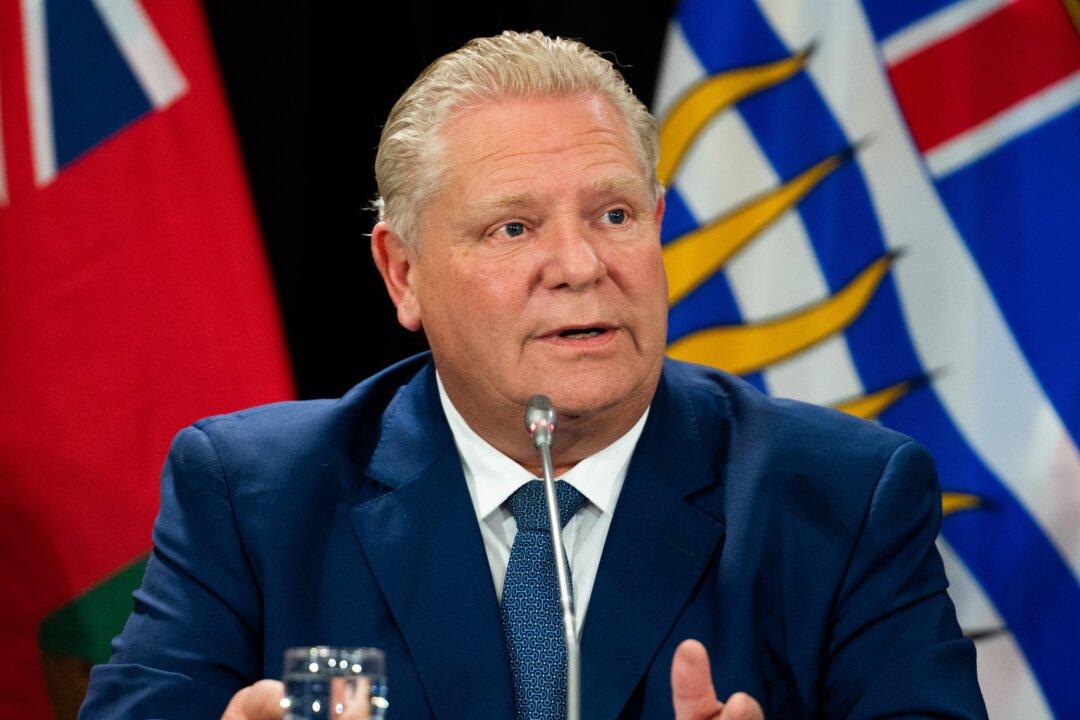OTTAWA—Canada is preparing retaliatory tariffs in response to U.S. president-elect Donald Trump’s threat to levy a 25 percent import tax on all Canadian goods, and Ontario Premier Doug Ford threatened to withhold the province’s energy, which it exports to five states.
“We'll use every tool in our toolbox, including cutting them off,” Ford said immediately after a meeting of the country’s premiers with Prime Minister Justin Trudeau and some members of the federal cabinet.





